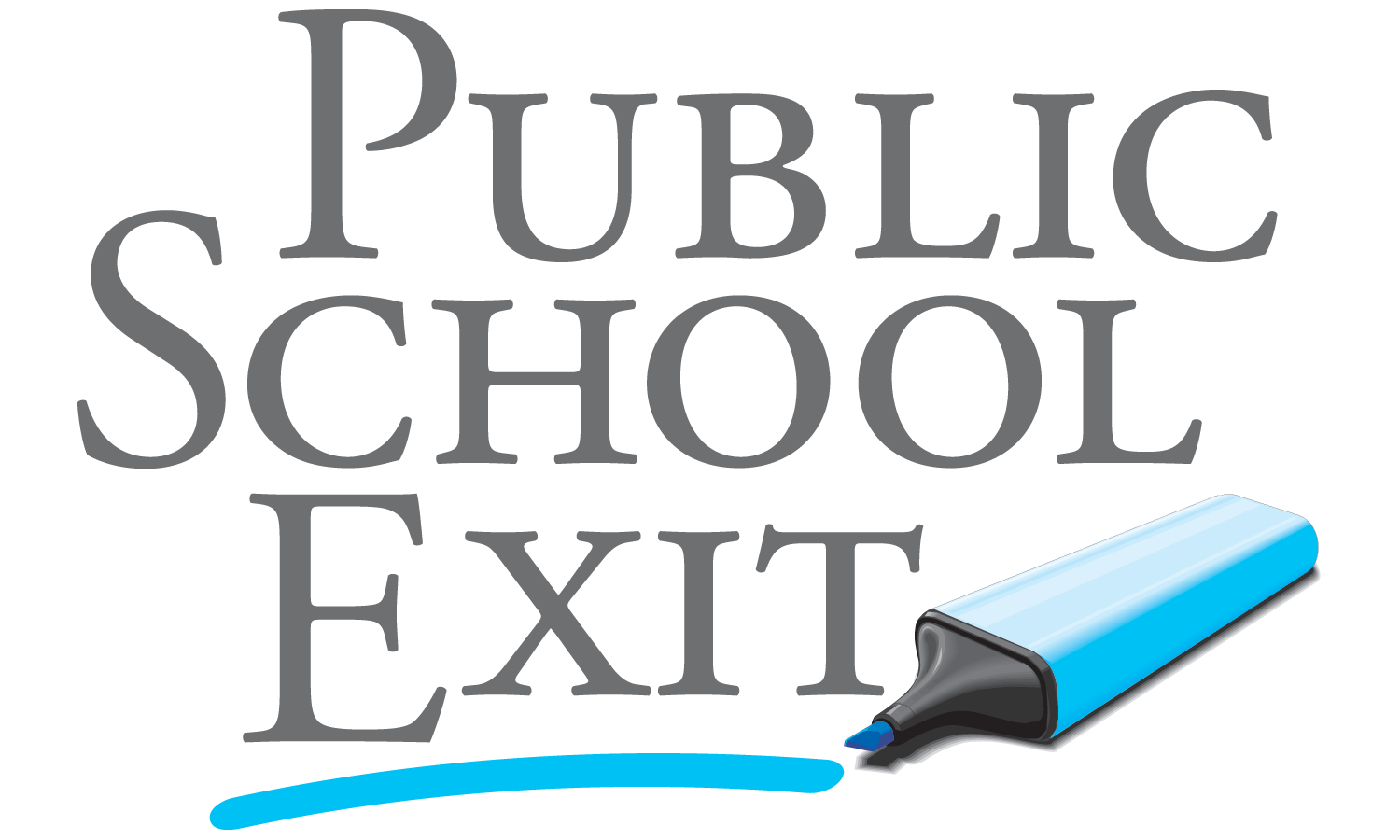MARCH 21, 2023 | JUDICIAL WATCH
The public university that recently got more than half a million dollars from the U.S. government to combat science misinformation in black communities is also receiving a chunk of change from American taxpayers to develop a “precision tool providing journalists with guidance against misinformation.” The fact-checking engine is called Course Correct and the academics at the University of Wisconsin-Madison who are creating it assert it will help journalists identify trending misinformation on social media, strategically correct false claims and test the effectiveness of corrections in real time. “Challenges of misinformation are not restricted to elections and COVID or to a particular community,” according to one of the professors working on the project. “Countering misinformation will require vigilance and adaptation.” And apparently a lot of money from the government.
Public funding will flow through the National Science Foundation (NSF), the federal agency established by Congress in 1950 to promote the progress of science, advance national health and secure national defense. In two separate grants the NSF is awarding the University of Wisconsin-Madison north of $5.7 million to develop Course Correct. The first grant, for $750,000, focuses on delivering an innovative, three-step method to identify, test, and correct real-world instances of online disinformation by using computational means such as language processing, machine learning, social network analysis and computer vision to identify posts and accounts susceptible to misinformation. “Democracy and public health in the United States rely on trust in institutions,” the grant announcement states. “Skepticism regarding the integrity of U.S. elections and hesitancy related to COVID-19 vaccines are two consequences of a decline in confidence in basic political processes and core medical institutions. Social media serve as a major source of delegitimizing information about elections and vaccines, with networks of users actively sowing doubts about election integrity and vaccine efficacy, fueling the spread of misinformation.”
The initial NSF investment will support and empower efforts by journalists, developers, and citizens to fact-check information, the grant document says. They urgently need tools that can enable testing of fact-checking stories on topics such as elections and vaccines across social media platforms like Twitter, Reddit, and Facebook, according to the science agency. In short, the project is motivated by a desire to understand and help address what the Biden administration calls “two democratic and public health crises facing the U.S.” They are described as skepticism regarding the integrity of U.S. elections and hesitancy related to COVID-19 vaccines. “Both of these crises are fueled by online misinformation,” the NSF writes in the grant document.
The bigger chunk of money—up to $5 million—will pay for professors to test and refine the new, publicly funded Course Correct, which is being promoted as a Precision Guidance Against Misinformation. Creators of the digital dashboard will partner with local, state, national and international news and fact-checking organizations to create misinformation networks and test how effective the new mechanism is in helping journalists detect and correct misinformation. The focus will be on diffusers rather than producers of misinformation and to embed the experimental program into newsrooms worldwide. “By the end of Phase II, Course Correct intends to have further developed the digital dashboard in ways that could ultimately be adopted by other end users such as public health organizations, election administration officials, and commercial outlets,” according to the NHS.
The generous allocations for the costly endeavor come on the heels of another government-funded project at the same school to meet the Biden administration’s mission of combating disinformation. Just a few months ago University of Wisconsin-Madison professors received $576,061 to fight science-related misinformation and misperceptions in black communities. The goal of that initiative is to counter inequity and mistrust in scientific information and understand science misinformation in black communities, according to the NSF. “Black American experiences can pose particular challenges for effective communication on issues related to science and medicine, and recent misinformation campaigns have increasingly sought to capitalize on beliefs underlying mistrust within Black communities to spread misinformation,” according to that grant document. The professors who received the money assert that “Black Americans continue to face oppression and medical racism.”

